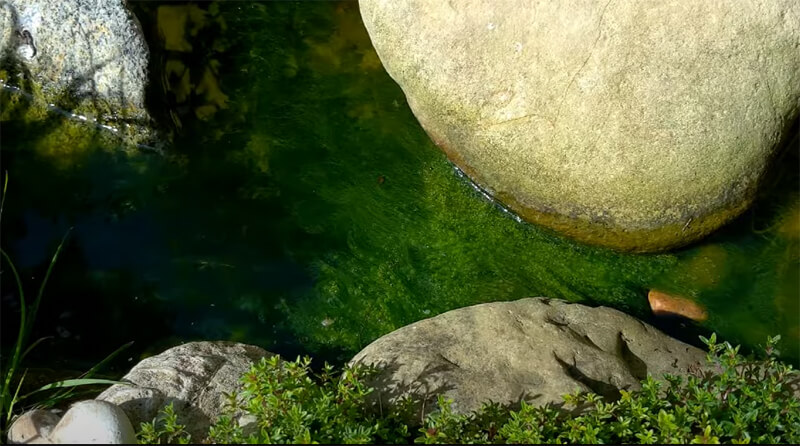Do you have a pond or lake on your property? If so, then you’re likely familiar with the pesky weed known as blanket weed. This invasive species can quickly take over an ecosystem, and can be difficult to get rid of. In this blog post, we will discuss the top seven causes of blanket weed growth in water bodies.
Blanket weed, also known as pond scum, is a type of algae that can form dense mats on the surface of ponds and lakes. While blanket weed is not harmful to humans, it can have a negative impact on aquatic ecosystems. Blanket weed can grow quickly and outcompete other aquatic plants for space and nutrients. As a result, it can reduce biodiversity and create conditions that are favorable for disease outbreaks. Additionally, blanket weed can clog filters and pumps. In some cases, it can even impede water flow and cause flooding. Thus, it is important to be aware of the causes of blanket weed in order to mitigate its growth. Common causes of blanket weed include nutrient pollution, sunlight exposure, and low water flow. Bytaking steps to reduce nutrient runoff and promote healthy plant growth, we can help to control the spread of this damaging algae.
1. Incorrect filter size
This causes the accumulation of waste, which is a nutrient for blanket weeds. The ideal filter size for a pond depends on the size of the pond and the fish load. If your filter size is too small, it can cause an overpopulation of blanket weeds. It’s important to get the correct filter size suited to your environment so that there is enough space in the filter for beneficial bacteria to break down waste material.
2. Excess nutrients
Fallen leaves and food leftovers are a source of sludge which is rich in nutrients. If you don’t remove the fallen leaves, it will lead to an increase in nutrients for blanket weed. Make sure to regularly clean your pond of any debris that could contribute to excess nutrients.
3. Fertiliser from the surrounding area
Fertiliser speed up the growth of blanket weeds. If you have a garden nearby, make sure that fertiliser doesn’t wash into your pond from the surrounding area. This can be done by moderate use of fertiliser in your garden to prevent unwanted substances from entering your pond.
4. Too many fish in the pond
Fish produce too much waste which favours the proliferation of blanket weeds. Too many fish and too little space can cause the water to become polluted. Make sure that your pond is stocked with the correct number of fish, according to its size.
5. High pH level
Chemical water imbalance causes blanket weeds. A high pH level increases the growth of blanket weeds. To ensure that your pond’s water is balanced, use a good quality test kit to check its pH regularly. If necessary, you can add chemicals to adjust the pH level.
6. Too much sunshine
Direct sunshine encourages blanket weed growth. If possible, try to provide some shade for your pond to minimise the direct sunlight. Aquatic plants can also be added to reduce light penetration and prevent the growth of blanket weed.
7. Blanket weeds reproduce with spores
Spores can be carried into the pond by birds, as well as by birds’ fallen feathers, insects, and even by the wind. Blanket weed spores can also be spread from one pond to another by transferring plants or animals. To minimise the risk of blanket weeds, thoroughly clean any items before introducing them into your pond.
In summary
By understanding what causes blanket weed, you can take proactive steps to prevent it in your pond. Regular maintenance and good management practices are essential for a healthy pond.
Blanket weed is caused by many sources, but fortunately, it can be treated with a variety of methods. If you’re experiencing an infestation of blanket weed in your pond or water feature, don’t panic. There are several ways to get rid of it and return your water feature to its former glory. We recommend using a blanket weed treatment as the most effective way to eliminate this algae from your water feature. So don’t wait – order now and start enjoying your pristine pond once again!

